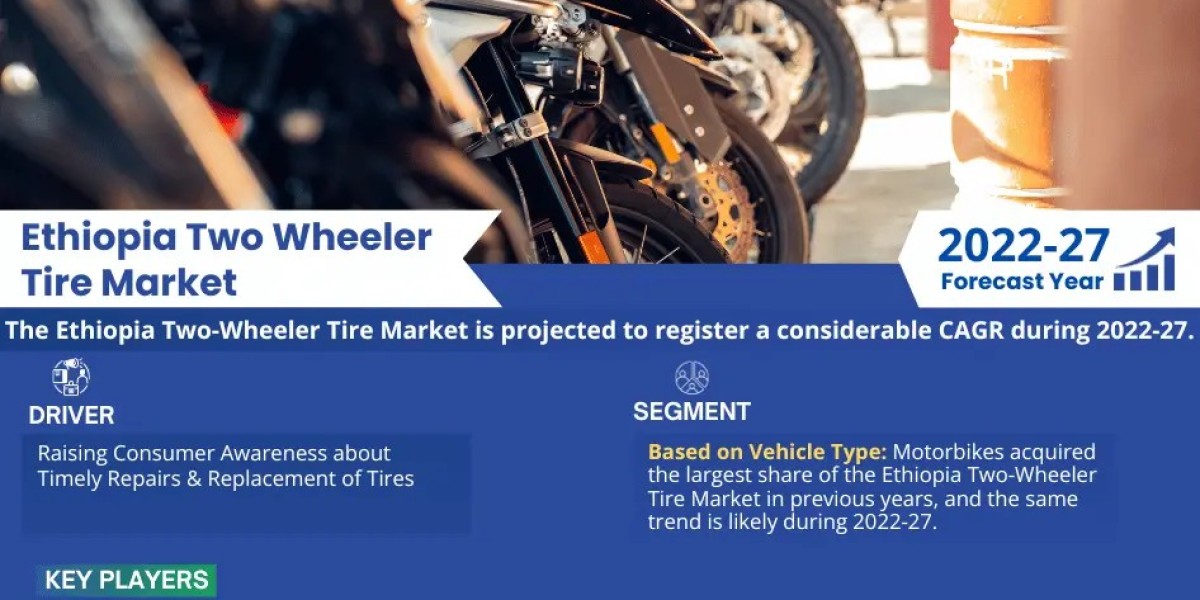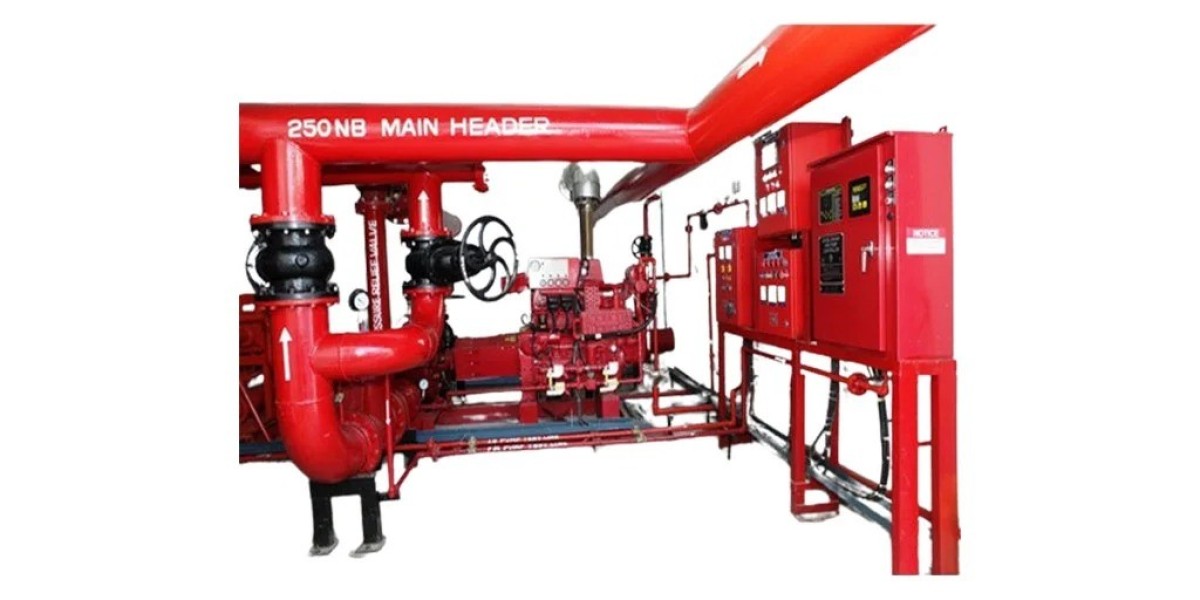Understanding GMP Certification
Good Manufacturing Practice (GMP) certification is a globally recognized standard that ensures products are consistently produced and controlled according to quality standards. It applies to industries such as pharmaceuticals, food production, cosmetics, and medical devices. GMP guidelines focus on hygiene, process validation, and quality control to minimize risks associated with contamination, errors, and inconsistencies.
Key Principles of GMP
The core principles of GMP revolve around maintaining high standards in manufacturing processes. These include proper facility design, equipment maintenance, raw material quality, and strict adherence to documented procedures. Employee training and sanitation also play a critical role in ensuring products meet safety and efficacy requirements. A strong quality management system (QMS) is essential to GMP compliance, helping manufacturers detect and prevent potential issues before they affect consumers.
Benefits of GMP Certification
Obtaining GMP certification demonstrates a company’s commitment to product quality and consumer safety. It enhances brand credibility, builds customer trust, and facilitates market access, especially in highly regulated industries. Compliance with GMP also reduces production errors, minimizes recalls, and improves operational efficiency. For companies looking to expand internationally, GMP certification can be a crucial factor in meeting regulatory expectations.
GMP Certification Process
The certification process involves several steps, starting with an internal assessment to identify gaps in compliance. Companies must establish and document quality control procedures, implement training programs, and ensure all production aspects meet GMP standards. An external audit by a recognized certification body is then conducted to evaluate adherence to GMP guidelines. If the audit is successful, the company receives its GMP certification, which requires regular renewals to maintain compliance.
Challenges in GMP Compliance
While GMP certification offers significant advantages, achieving and maintaining compliance can be challenging. Manufacturers must invest in proper infrastructure, training, and process optimization. Strict documentation requirements and regular audits demand continuous effort. Additionally, adapting to evolving industry regulations and technological advancements requires a proactive approach to quality assurance.
Conclusion
GMP certification is a vital component of quality management in industries where consumer safety is paramount. By adhering to GMP principles, businesses can enhance product reliability, prevent contamination risks, and gain a competitive edge in the market. Commitment to continuous improvement and strict regulatory compliance ensures long-term success in manufacturing high-quality, safe products.









